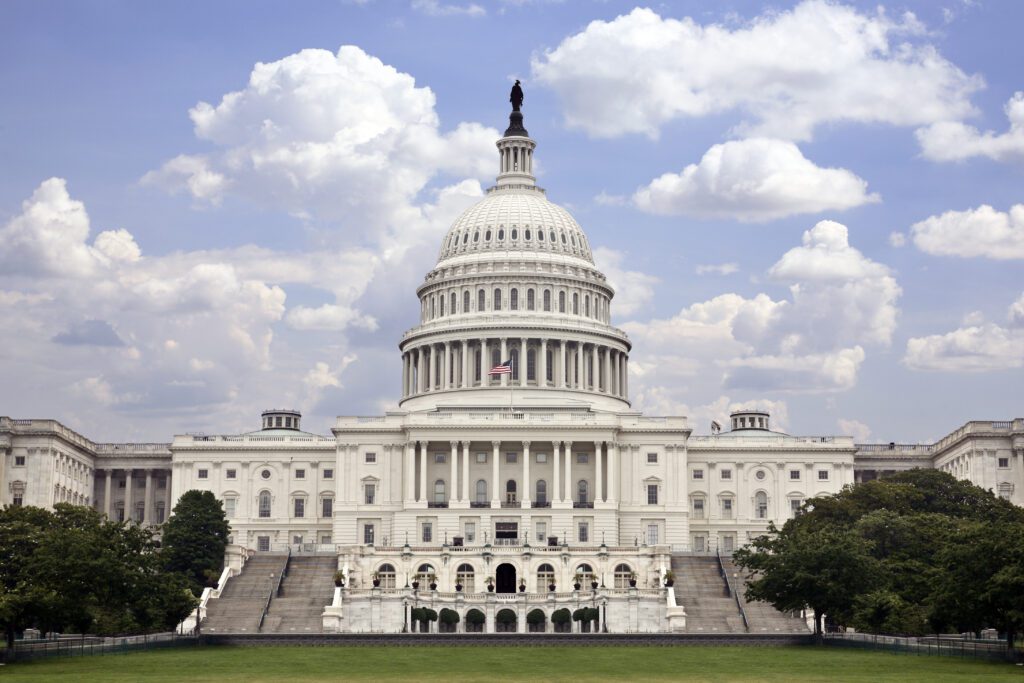Prepared by Eric B. Amstutz
A corporate by-law requiring reimbursement of attorneys’ fees may be enforceable.
The Delaware Supreme Court recently ruled that a non-stock corporation’s bylaw provision requiring the plaintiff in intra-corporate litigation to pay the successful defendant’s attorneys’ fees was not invalid on its face. The fee-shifting provision was written to apply to litigation between the corporation and any of its members (as well as to litigation between the corporation’s members). The provision imposed the risk of paying the victorious party’s attorneys’ fees only on the party that had initiated the suit or counterclaim and required payment if the claimant was not wholly successful on the merits.
The court did not expressly limit its decision to non-stock corporations. The court relied on Delaware corporate code provisions that apply equally to stock and non-stock corporations. In the particular case, the corporation’s members had signed an agreement binding themselves to the corporation’s bylaws, but this fact did not appear to be crucial to the outcome, because the court noted that corporate bylaws are “contracts among a corporation’s shareholders.” The court did make clear that such a fee-shifting bylaw would “not be enforced if adopted or used for an inequitable purpose.”
Following the decision, the Delaware legislature took up proposed legislation that would have prevented the decision from applying generally to stock corporations, but the legislation was not enacted prior to the end of this year’s legislative session. Even if such legislation is later enacted in Delaware, other states’ courts might follow the Delaware Supreme Court’s rationale and allow fee-shifting bylaw provisions.
The decision is ATP Tour, Inc. v. Deutscher Tennis Bund (German Tennis Federation) (DE Sup. Ct. 5/8/14).
Paying a kickback to a non-governmental employee in a foreign country can lead to criminal prosecution in the United States.
The Foreign Corrupt Practices Act (“FCPA”) prohibits U.S. entities from bribing “foreign officials.” Included within the definition of “foreign official” is any employee of an “instrumentality” of a foreign government. For the first time, in May 2014 a United States Court of Appeals defined the term “instrumentality.” In affirming the criminal convictions under FCPA of two individuals who had paid kickbacks to employees of a foreign government-owned telecommunication company, the court held that an “instrumentality” for FCPA purposes is “an entity controlled by the government of a foreign country that performs a function the controlling government treats as its own.” The court rejected an interpretation of the term that would have limited its reach to traditional, core government functions.
The case is United States v. Esquenazi (11th Cir., No. 11-15331, 5/16/14).
U. S. Supreme Court offers observations on conflicting duties of ESOP fiduciaries.
Retirement plan fiduciaries are subject to a statutory duty of prudence as to their oversight of plan assets. This duty generally includes a duty to diversify the plan’s investments so as to minimize the risk of large losses. In the Employee Stock Ownership Plan (ESOP) context, however, the ERISA statute provides that this duty to diversify does not apply.
In an attempt to reconcile the somewhat conflicting duties of an ESOP fiduciary as to the plan holding employer stock, various federal courts adopted a presumption that a plan’s choice to remain invested in employer securities is reasonable. In June, the United States Supreme Court struck down this presumption as not justified by ERISA’s language. The court held that, with the exception of the duty to diversify, ESOP fiduciaries have the same duty of prudence as do other retirement plan fiduciaries.
Separate from its holding, the United States Supreme Court provided ESOP fiduciaries some helpful observations. The court stated that where an employer’s stock is publicly traded an ESOP fiduciary can generally assume that the market is not over- or under-valuing the stock. In addition, the court noted the difficulties faced by an ESOP fiduciary when that fiduciary is a corporate insider and has material nonpublic information about the corporation. The court observed that the duty of prudence does not require the fiduciary to break securities laws by trading the stock on the basis of the material nonpublic information. The court explicitly did not, however, decide whether in that situation an ESOP fiduciary should cause the plan to cease buying employer stock or should force the corporation to disclose the nonpublic information sooner than it otherwise would have been required to do. The court noted that, in making that determination, an ESOP fiduciary could consider whether the action “would do more harm than good” to the plan.
In light of the difficulties noted by the court, companies with ESOPs might consider appointing plan fiduciaries who do not routinely possess material nonpublic company information.
The decision is Fifth Third Bancorp v. Dudenhoeffer (No. 12-751, 6/25/14).
The attorney-client privilege may protect communications made to an in-house lawyer conducting an internal investigation.
When a corporation learns of possible employee misconduct, it may first want the allegation to be investigated internally. If one of the significant purposes of the investigation is to obtain or provide legal advice, communications in the course of the investigation may (subject to certain limitations) be kept confidential from later discovery pursuant to the attorney-client privilege.
The privilege applies only if the communications are with an attorney. In a recent decision by the United States Court of Appeal for the District of Columbia, the court reaffirmed that the attorney-client privilege applies whether the investigation is conducted by an in-house lawyer or by an outside lawyer. In addition, the court noted that employee communications with a lawyer’s agent (such as a paralegal) are also eligible for protection by the privilege.
Furthermore, the court made clear that the attorney-client privilege applies where a significant purpose of the investigation is to obtain or provide legal advice. The fact that the investigation may also be required by government regulation does not render the privilege inapplicable.
The decision is In re: Kellogg Brown & Root, Inc. (No. 14-5055, 6/27/14).
Wyche corporate attorneys recognized by Super Lawyers and Chambers USA.
Super Lawyers and Chambers USA, two publications that identify outstanding lawyers through extensive research, have recognized a number of Wyche attorneys for 2014.
Super Lawyers, a rating service of outstanding lawyers, has recognized 4 corporate Wyche attorneys in its 2014 South Carolina Super Lawyers Magazine. The magazine features attorneys who embody excellence in the practice of law. Cary Hall has been recognized as one of the top 25 attorneys in South Carolina and has been named to the South Carolina Super Lawyers list for Tax. Eric Amstutz and Melinda Davis Lux have also been named to the Super Lawyers list for Mergers & Acquisitions. Natalie Russell Dunham has been recognized by Super Lawyers as a Rising Star in Mergers & Acquisitions. A total of 17 Wyche attorneys have been recognized by Super Lawyers in various practice areas.
Chambers USA has recognized Wyche as a leading law firm in Corporate/Mergers & Acquisitions, with particular recognition for Cary Hall, Eric Amstutz, and Melinda Davis Lux. Sources tell Chambers that “Wyche has some of the best attorneys in the world, who take the time to understand the issues and effectively assist in addressing these issues.” Chambers USA has recognized 13 Wyche attorneys firm-wide in its 2014 edition. A team of 150 full-time researchers evaluate the strengths and reputations of law firms and individuals through extensive interviews with lawyers and clients to determine the rankings published by Chambers and Partners.






